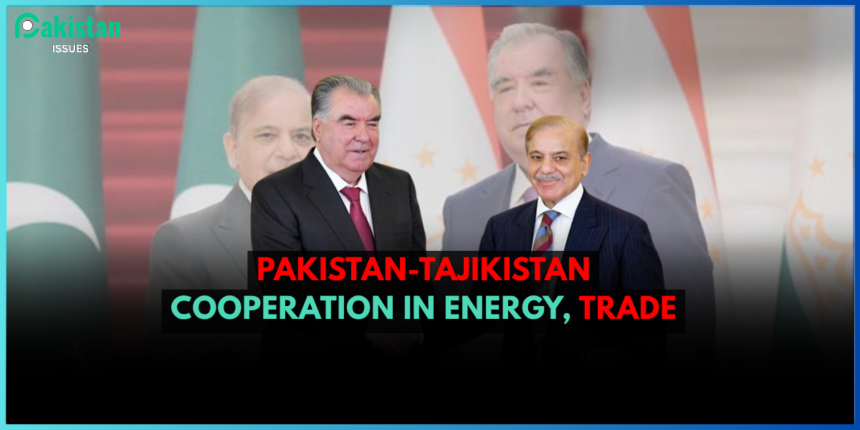ISLAMABAD — With tensions easing and regional focus shifting toward economic growth, Pakistan and Tajikistan are quietly reviving talks that may turn into concrete cooperation. The latest discussions held in Islamabad suggest both nations are eager to build something more practical than polite statements and photo ops.
During the joint ministerial meetings earlier this week, officials from both sides took a closer look at stalled projects and unfulfilled trade commitments. It wasn’t the kind of flashy summit that grabs headlines, but insiders described it as “honest” and “focused.”
A major part of the conversation circled back to the CASA-1000 power project. The plan, once hailed as a breakthrough for regional energy sharing, has been stuck in the mud for years. But now, with both countries expressing a clear desire to move it forward, it might finally gain traction. For Pakistan, securing a stable supply of electricity from Tajikistan could ease pressure on its own struggling power sector.
Beyond energy, trade came up — again — but this time with more attention to detail. Islamabad wants to offer Tajik traders smoother access to its ports, especially Gwadar and Karachi, which are vital for Central Asia’s landlocked markets. Tajik officials, in turn, pressed for practical changes: less bureaucracy, fewer delays at crossings, and safer transit routes.
Not everything was about infrastructure or policy. A softer side of diplomacy made its way into the room too. Officials signed a memorandum linking Khyber Pakhtunkhwa with Tajikistan’s Khatlon province. These kinds of regional pairings often fly under the radar, but they can lay foundations for cultural and social exchange. There was also talk of collaboration in sports — notably football — a low-key but effective way to build public goodwill.
On the business side, traders from both countries sat down during a separate forum. They didn’t mince words. Pakistani exporters highlighted difficulties in shipping goods to Central Asia, while Tajik entrepreneurs pointed out the untapped opportunities in Pakistan’s food and textile industries. The conversations were described as candid, not ceremonial.
Foreign Minister Ishaq Dar, addressing the gathering, didn’t deliver the usual lofty speech. Instead, he struck a more grounded tone. “We’ve had enough of saying the right things,” he remarked. “Now we need to follow through.”
With more meetings scheduled later this year, including possible top-level visits, there’s a growing feeling that this partnership could finally become something beyond paper agreements.
In a part of the world where ambition often outpaces delivery, even modest progress matters. And if these discussions lead to small, steady wins — whether it’s electricity, trade, or transport — both nations stand to benefit more than they have in years.










